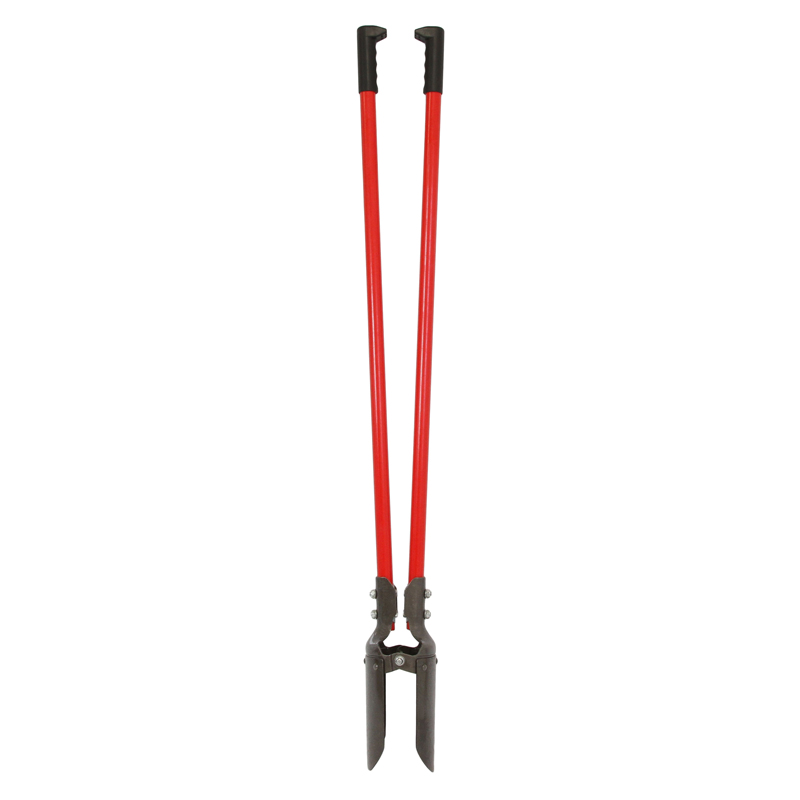sales@tecnotools.com.au
sales@tecnotools.com.au
Call us: 0433 734 100

Hole digger is a handy tool to have around your home. It can be used for various purposes, such as digging post holes, planting trees and shrubs, and more. When shopping for a hole digger, it's important to consider the size of the tool, as well as the type of ground you'll be using it on.
There are many different types of hole diggers on the market, and each has its own set of benefits and drawbacks. When shopping for a hole digger, it's important to consider the size of the tool, as well as the type of ground you'll be using it on. In this article, we'll take a look at some of the best hole diggers for every type of ground.
There are several types of hole diggers available on the market, each with its own set of advantages and disadvantages. The most common types of hole diggers are:
These are simple tools that consist of a metal blade attached to a wooden or plastic handle. They're great for digging in soft soil, but can be difficult to use in harder soils.

The spade hole digger is a popular type of hole digger because it's versatile and durable. It can be used on a variety of ground types, including hard clay and rocky soil. The spade hole digger has a sharp, pointed blade that easily penetrates the ground. It also has a sturdy handle that provides leverage when digging.
The spade hole digger can be difficult to use on softer soils, such as loamy or sandy soil. The blade can easily become clogged with dirt, which makes it difficult to pull the tool out of the ground. Additionally, the spade hole digger can be heavy and difficult to maneuver.
Augers are essentially metal screws that can be used to drill through all types of ground, including hard soil and rocks. They come in different sizes, so it's important to choose the right one for the job.
We believe augers are the most versatile type of hole digger in the market today, as it can be used for either small or large jobs. We are going to bring more information about this important equipment in the next session, as there are many different types of augers.
Pole hole diggers are perfect for digging post holes, as they consist of a long metal shaft with a sharp blade on one end. They can also be used to dig holes in other types of ground, but they can be difficult to use in tight spaces.

The pole hole diggers are a popular type of hole digger because they are versatile and durable. They can be used on a variety of ground types, including hard clay and rocky soil. The pole hole diggers have a sharp, pointed blade that easily penetrates the ground. They also have a sturdy handle that provides leverage when digging.
While hole diggers can be extremely handy tools to have around the home, they do have a few drawbacks. One of the biggest cons of pole hole diggers is that they can be quite difficult to use in certain types of ground. If the soil is too hard or rocky, it can be difficult to get the hole digger to penetrate the ground. Additionally, pole hole diggers can be quite heavy and awkward to use, which can make them difficult to maneuver.
An auger is a type of drill that is used to create cylindrical holes in the ground. It consists of a rotating shaft with a pointed tip at one end and a cylindrical blade at the other. The auger is inserted into the ground and rotated, which causes the blade to cut through the soil. The auger can be used to create holes of various sizes, depending on the size of the blade.
Related Article: What is an auger?
There are different types of augers available on the market, each with its own set of advantages and disadvantages. Some of the most popular types of augers include:

When using a hole digger, it's important to be aware of the type of ground you're working with. If you're digging in hard ground, you'll need a heavy-duty hole digger that can penetrate the surface. If you're digging in soft ground, on the other hand, a lightweight model will work best.
Here are a few tips for using a hole digger:
When you get a new hole digger, it's important to take care of it properly so that it lasts for years. Here are a few tips:
By following these simple tips, you can ensure that your hole digger will last for many years.